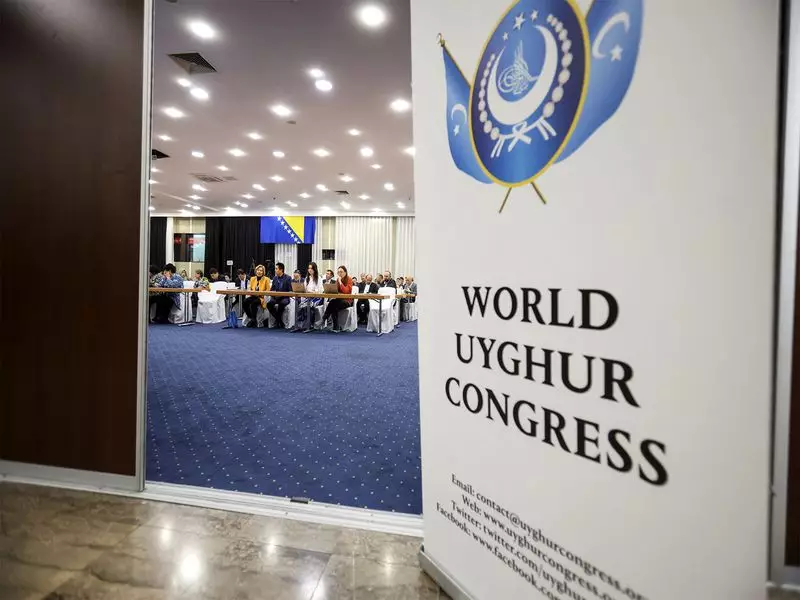
China's carefully constructed narrative about its treatment of Uyghur Muslims in Xinjiang is facing unprecedented global pushback as Uyghur activists intensify their efforts to counter Beijing's expanding authoritarian influence. Despite the Chinese government's persistent denials and sophisticated propaganda campaigns, voices from the Uyghur diaspora are gaining international traction.
The Global Uyghur Resistance Movement
Uyghur activists worldwide have been systematically challenging China's official position on Xinjiang through coordinated advocacy and awareness campaigns. Rushan Abbas, a prominent Uyghur activist based in Washington, has emerged as a key figure in this movement. Her personal story exemplifies the human cost of China's policies - she hasn't heard from her sister, a respected physician, since her disappearance into China's detention system in 2018.
The activist network spans multiple continents, with significant operations in Turkey, home to approximately 50,000 Uyghurs, the largest diaspora community outside China. These activists employ various strategies including social media campaigns, diplomatic engagements, and public demonstrations to keep international attention focused on the situation in Xinjiang.
China's Propaganda Machinery and International Pushback
Beijing has deployed substantial resources to counter what it calls "Western propaganda" about Xinjiang. The Chinese government has organized numerous international diplomatic tours of the region, inviting foreign journalists and diplomats to showcase what it describes as vocational training centers aimed at combating extremism. However, these tightly controlled visits have failed to convince many international observers.
China's narrative faces growing skepticism as more evidence emerges about the conditions in Xinjiang. Multiple United Nations reports and investigations by human rights organizations have documented widespread abuses, including mass internment, forced labor, and cultural assimilation policies affecting millions of Uyghurs and other Turkic Muslims.
The international response has been increasingly critical. The United States has implemented the Uyghur Forced Labor Prevention Act, which bans imports from Xinjiang unless companies can prove their products weren't made with forced labor. Similarly, the European Union has taken steps to address human rights concerns in its trade relations with China.
The Expanding Authoritarian Reach
China's authoritarian influence extends far beyond its borders, with documented cases of transnational repression targeting Uyghur activists abroad. Multiple incidents have been reported where activists living overseas have faced intimidation, harassment, and pressure on their family members back in China.
This global reach demonstrates Beijing's determination to silence critics regardless of their location. The Chinese government has been accused of using various tactics including cyber attacks, surveillance, and diplomatic pressure to suppress dissent in the Uyghur diaspora community.
Despite these challenges, Uyghur activists continue their work, finding new platforms and allies in their struggle for recognition and justice. Their persistence has ensured that the situation in Xinjiang remains on the international human rights agenda, complicating China's efforts to normalize its policies in the region.
The ongoing confrontation between China's state propaganda and Uyghur activism represents a critical battle in the larger struggle between authoritarian governance and human rights advocacy. As both sides intensify their efforts, the international community faces increasing pressure to take definitive positions on one of the most significant human rights issues of our time.






